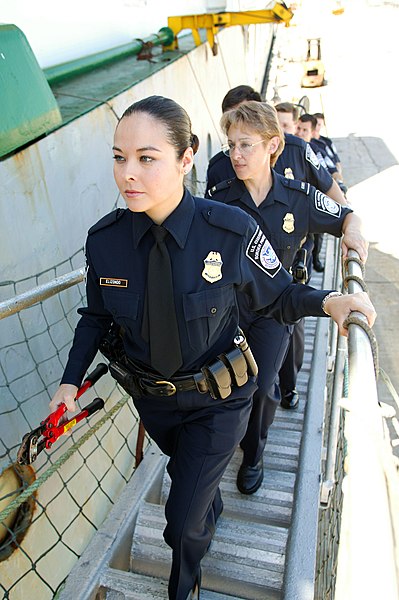The Bureau of Prohibition was the United States federal law enforcement agency formed to enforce the National Prohibition Act of 1919, commonly known as the Volstead Act, which enforced the 18th Amendment to the United States Constitution regarding the prohibition of the manufacture, sale, and transportation of alcoholic beverages. When it was first established in 1920, it was a unit of the Bureau of Internal Revenue. On April 1, 1927, it became an independent entity within the Department of the Treasury, changing its name from the Prohibition Unit to the Bureau of Prohibition. In 1930, it became part of the Department of Justice. By 1933, with the repeal of Prohibition imminent, it was briefly absorbed into the FBI, or "Bureau of Investigation" as it was then called, and became the Bureau's "Alcohol Beverage Unit," though, for practical purposes it continued to operate as a separate agency. Very shortly after that, once repeal became a reality, and the only federal laws regarding alcoholic beverages being their taxation, it was switched back to Treasury, where it was renamed the Alcohol Tax Unit.

Prohibition agents destroying barrels of alcohol, c. 1921
Federal law enforcement in the United States
The federal government of the United States empowers a wide range of federal law enforcement agencies to maintain law and public order related to matters affecting the country as a whole.
U.S. Customs and Border Protection (CBP) officers going aboard a ship to examine cargo
Federal agencies work with other law enforcement during events, such as presidential visits to the UNGA in NYC. Pictured: USSS, DSS and ATF
CBP Officers and Border Patrol Agents at a ceremony in 2007
A Bureau of Engraving and Printing Police (BEP) patrol car.





